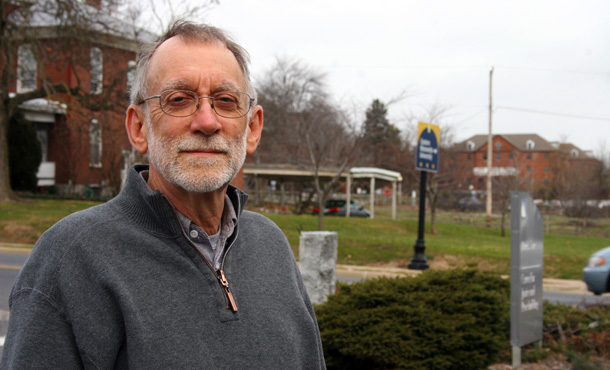The BBC World News Service turned to a world-renowned expert on restorative justice, Dr. Howard Zehr of Eastern Mennonite University, in asking, “How are people able to forgive a crime like the murder of a loved one?”
For an article published on Aug. 19, 2013, BBC reporter Naveena Kottoor quoted three sources in the United States: Howard Zehr; Bill Pelke, whose 78-year-old, Sunday-school-teaching grandmother was murdered in her home by four teenage girls; and Linda White, whose 26-year-old-daughter was abducted, raped and killed by two teenage boys.
Pelke and White told their stories of evolving toward releasing bitterness and anger. They chose to develop their ability to feel compassion and even to express forgiveness toward some of the ones who had done these grievous crimes. With the help of trained facilitators, both Pelke and White eventually met two convicted murderers in prison.
“Victims are often stuck in their experience,” Zehr told the BBC. “The meetings enable them to get answers and let go.” Zehr said that doing proper groundwork for the meetings was crucial: “Success depends on the level of preparation on both sides – sometimes it can take up to a year.”
Read the whole story here. The BBC article prompted Newstalk, a national radio broadcast in Ireland to arrange for Zehr to be interviewed later the same week on the Moncrieff Show, which attracts about 100,000 listeners in its mid-afternoon slot.
